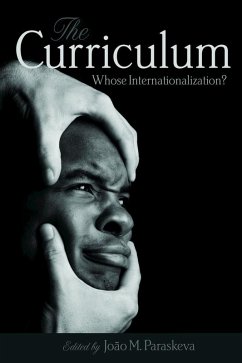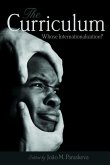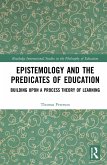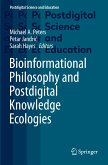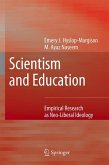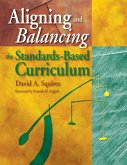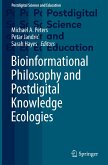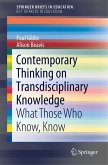The Curriculum: Whose Internationalization? asks a series of important questions in the re-examination of the internationalization of curriculum studies. It reflects the work of the Internationalization of Curriculum Studies Task Force - created at the American Association for the Advancement of Curriculum Studies annual meeting in New Orleans in 2011 - in the context of new theoretical avenues such as the Itinerant Curriculum Theory (ICT) to help address issues related to the problematic nature of internationalization and globalization.
«The book in your hands signals the birth of Post-Epistemicidal Curriculum Studies. As powerfully demonstrated here, the Internationalization of Curriculum Studies Task Force of the American Association for the Advancement of Curriculum Studies boldly grounds the field in a critical creolization Contributors to this volume dialogue with texts and traditions otherwise unseen or erased by normative constructs and parochial attachments to a local academic milieu. Implicitly acknowledging critiques of an 'American canon' of curriculum studies as erasing parallel epistemologies and practices in a centuries-long tsunami of colonial dominance, these authors study and translate material from non-Western, nonwhite scholars; they interrogate their own positionalities, geo-economic status, and professional commitments, inside and outside of complex, hybrid identities and memberships in overlapping, as well as distinct, communities. The collective accomplishment establishes curriculum studies as an ethical stance upon the world - at once trans-national, post-cultural, and alter-global, while committed to recognition and countering dispossession.»
(Peter Appelbaum, Director of Disciplinary and Transdisciplinary Programs, Arcadia University; President, The American Association for the Advancement of Curriculum Studies)
«At the eleventh annual meeting of the American Association for the Advancement of Curriculum Studies (AAACS) in New Orleans in 2011, the Internationalization of Curriculum Studies Task Force made an important and radical move in the internationalization of curriculum studies. Following the epistemological work of Southern theorists such as Boaventura de Sousa Santos, Enrique Dussel, Walter Mignolo, Raewyn Connell, Fernando Coroníl, and Gayatri Spivak, João M. Paraskeva and the task force began a bold and ambitious project to remediate a Statesian- and Anglophone-dominated curriculum studies field. Radical in its conceptions and the new directions suggested for curriculum studies, Paraskeva and the task force have begun to reorganize the field in a way that recognizes decolonizing knowledges and traditions as fundamental in approaching the curriculum question: what knowledges are of most worth? Recognizing the colonial relation as the fundamental historical event shaping knowledge production, Paraskeva frames the task force's initial efforts here as a necessary decolonizing move that reaches backwards historically to renew the field.»
(James C. Jupp, Georgia Southern University)
(Peter Appelbaum, Director of Disciplinary and Transdisciplinary Programs, Arcadia University; President, The American Association for the Advancement of Curriculum Studies)
«At the eleventh annual meeting of the American Association for the Advancement of Curriculum Studies (AAACS) in New Orleans in 2011, the Internationalization of Curriculum Studies Task Force made an important and radical move in the internationalization of curriculum studies. Following the epistemological work of Southern theorists such as Boaventura de Sousa Santos, Enrique Dussel, Walter Mignolo, Raewyn Connell, Fernando Coroníl, and Gayatri Spivak, João M. Paraskeva and the task force began a bold and ambitious project to remediate a Statesian- and Anglophone-dominated curriculum studies field. Radical in its conceptions and the new directions suggested for curriculum studies, Paraskeva and the task force have begun to reorganize the field in a way that recognizes decolonizing knowledges and traditions as fundamental in approaching the curriculum question: what knowledges are of most worth? Recognizing the colonial relation as the fundamental historical event shaping knowledge production, Paraskeva frames the task force's initial efforts here as a necessary decolonizing move that reaches backwards historically to renew the field.»
(James C. Jupp, Georgia Southern University)

